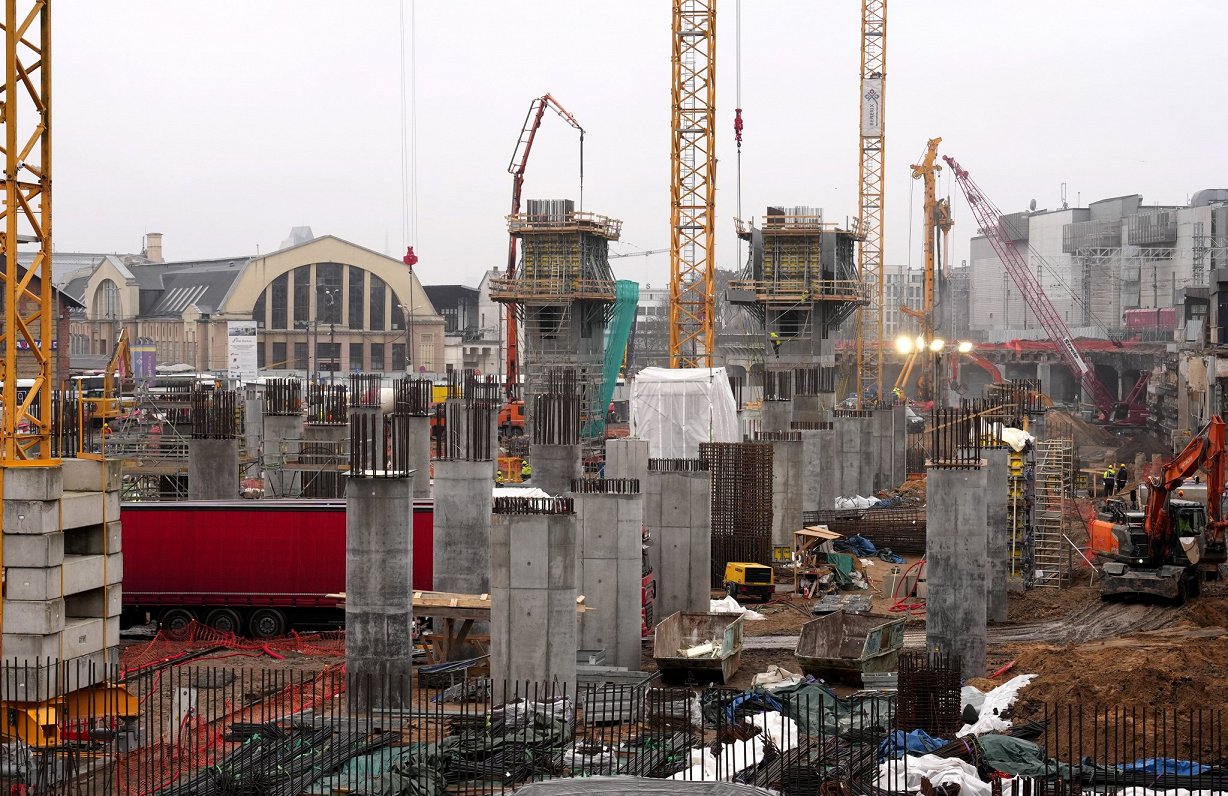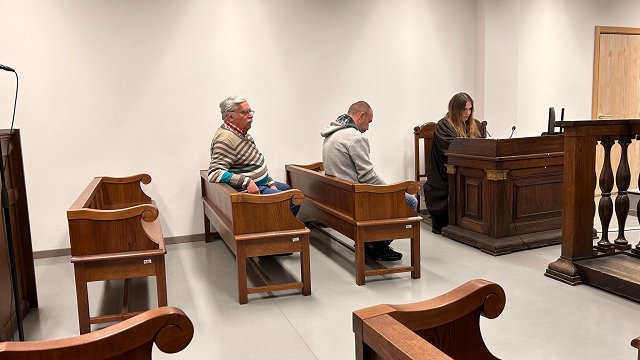RB Rail been awarded 928 million euros in the second call within the second financial period of the Multiannual Financial Framework (MFF) 2021-2027 from the Connecting Europe Facility.
"This substantial funding, combined with national co-financing from the three Baltic States, will exceed 1.1 billion euros, enabling necessary activities for further high-speed infrastructure development to connect the Baltic region with the rest of Europe," said a statement from the company.
The European Commission has selected 107 projects out of a total of 353 submitted in response to the call for proposals published in 2022, to receive over €6 billion in EU grants from the Connecting Europe Facility (CEF), the EU’s instrument for strategic investment in transport infrastructure.
EU Commissioner for Transport, Adina Vălean, said: “Rail Baltica project used to be a priority, now it is a geopolitical necessity – we need a resilient transport connection for passengers and freight to and from the Baltic States. Overcoming different gauges is imperative to create an integrated European railway area that brings fast trains to the region and gives citizens new opportunities to travel between the Baltic States and the rest of Europe. The region needs this sustainable alternative alongside the buses and planes on which it today depends. Under this call, the Baltic section of Rail Baltica will receive €930 million. This is on top of the €1.2 billion already received. An additional €285 million will be allocated to the Rail Baltica line in Poland.”
“This year, our focus is on commencing mainline construction in all Baltic States, which includes the construction of mainline objects and related infrastructure facilities, and access roads, as well as implementing key services to enhance interoperability and the cross-border dimension of the project," said Marko Kivila, interim Chairman of the Management Board and Chief Executive Officer at RB Rail AS.
We are actively aligning our global project delivery program to effectively track progress and facilitate timely decision-making. Additionally, we have initiated the project’s cost-benefit analysis and long-term business plan, which will be completed by autumn 2024. This exercise is crucial for assessing the project’s economic viability, securing funding, and optimizing project delivery,” said Kivila.
The planned financing agreement to be signed between the European Climate, Infrastructure, and Environment Executive Agency (CINEA) and Rail Baltica in Q3 2023 will support the continuation of construction works in the main sections of the Rail Baltica project at both international stations – the construction of viaducts over Maskavas and Krasta Streets at the Rail Baltica Riga Central Hub, the access platforms to the hub, the construction of viaducts over Maskavas and Krasta Streets, the relocation of the existing 1520mm gauge tracks to the southern side of the newly constructed station, the construction works of the railway viaduct near Riga International Airport terminal, and the elevation of station platforms.
"I am pleased with the decision of the European Commission and the successful results of the call...This will allow construction workers to work more smoothly on the construction of the Riga Central Station node and the Rail Baltica connection to Riga Airport. Also, the additional financing will facilitate the process of expropriation of land and the construction works of the main line of Rail Baltica in the priority stage up to the border of Lithuania," said Latvian Minister of Transport Jānis Vitenbergs (National Alliance).
The substantial amount of financing recommended for the Rail Baltica global project will be added to the existing funding of over 1.6 billion euros secured for the implementation of Rail Baltica from CEF and national funding. Together with the recently approved additional financing, Rail Baltica has secured approximately 2.7 billion euros from CEF and national funding. The estimated Rail Baltica cost in 2017 was 5.8 billion euros, though given the major rises in inflation and construction material costs since then, this now looks like an extremely optimistic figure. However, no revised estimate of the total cost of the project has yet been specified.
The CEF Transport program implements the European Union’s transport infrastructure policy by supporting investments in the construction or upgrade of transport infrastructure throughout Europe.






























